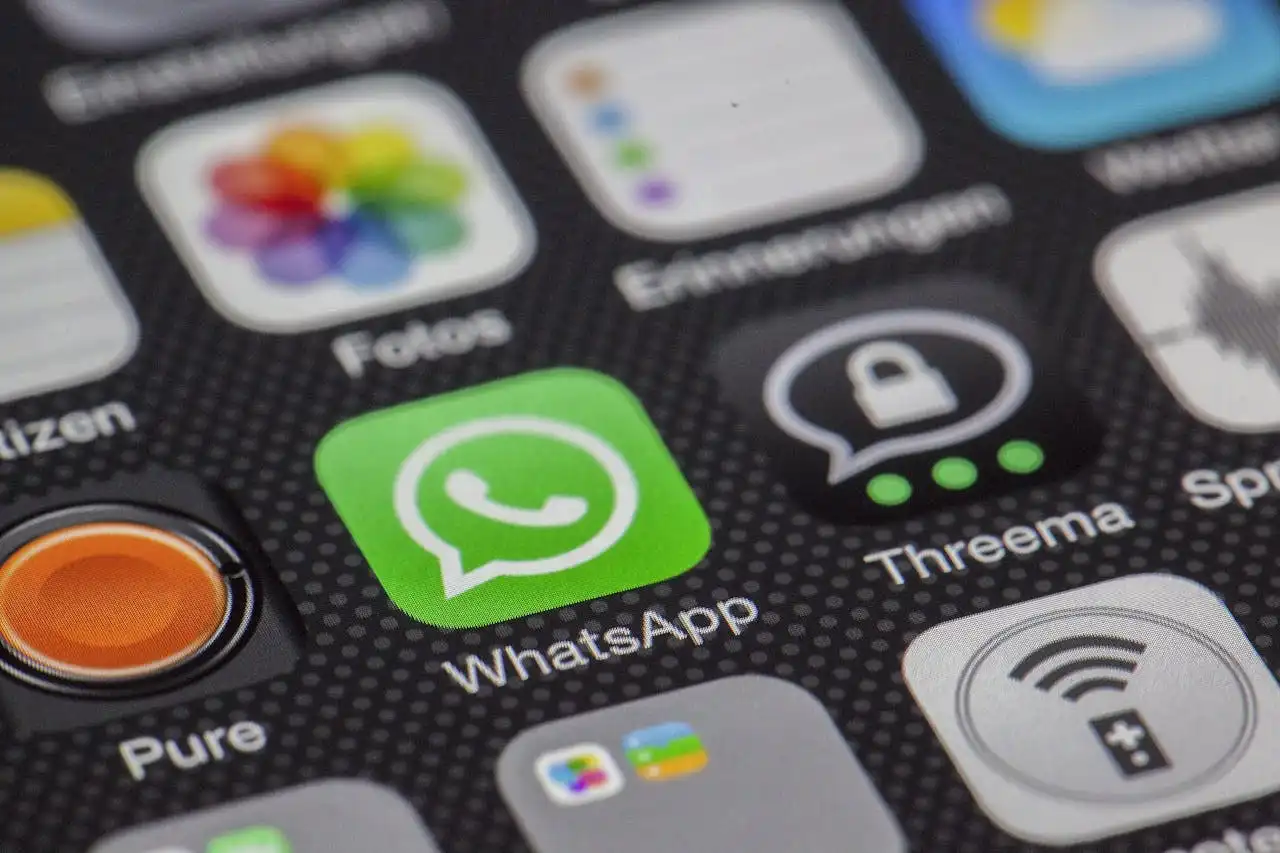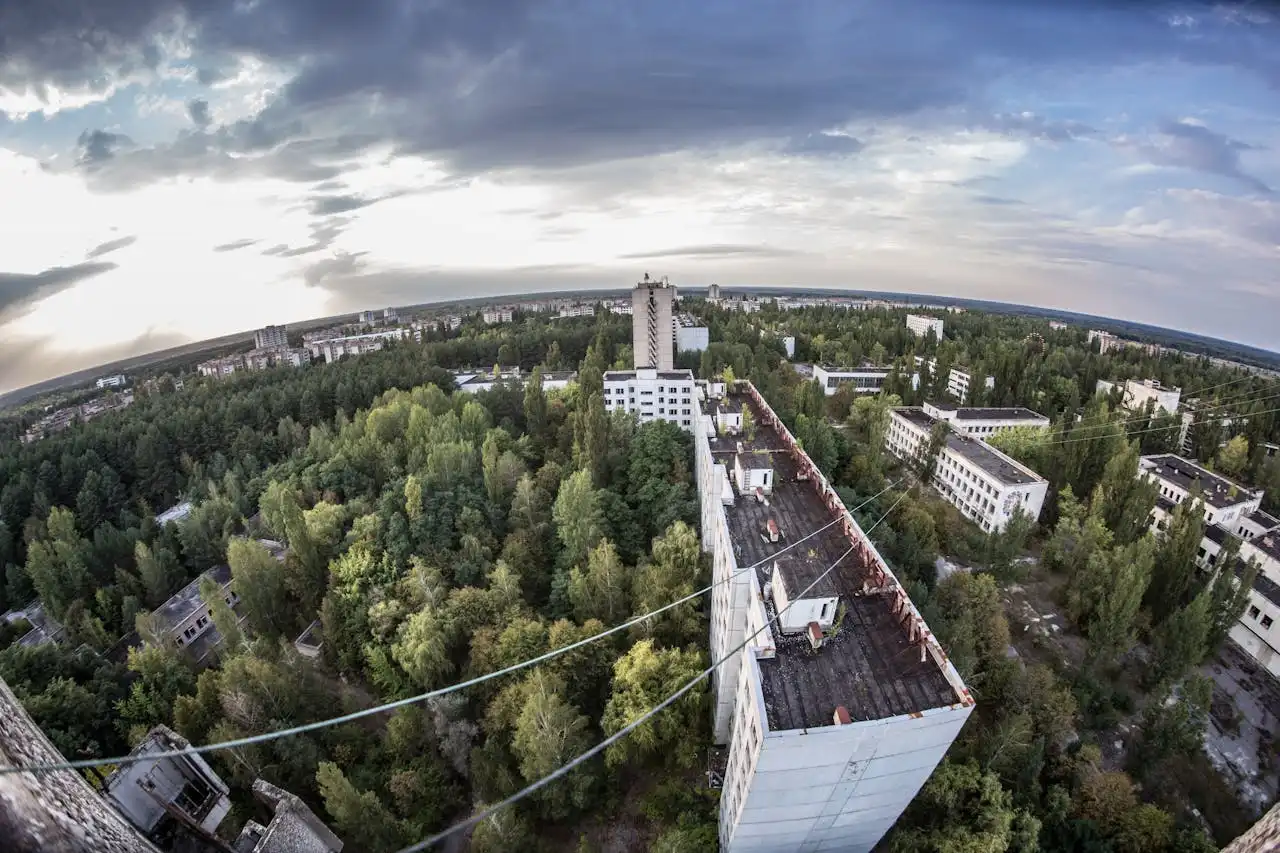Russia's Tech Gambit: Unpacking the Bold Move to Ditch WhatsApp for a Homegrown Messenger
Muhe - Friday, 22 August 2025 | 06:00 PM (WIB)


A Strategic Move Beyond Convenience
This mandate isn’t just a quirky local preference—it’s a profound strategic move on the geopolitical chessboard. At its core, the initiative is a bold declaration of independence, signaling Russia’s determination to lessen its reliance on Western technology.The Drive for Data Sovereignty
The concept of data sovereignty lies at the heart of this decision. It refers to a nation’s right to control data generated within its borders. For governments, having personal messages, photos, and sensitive information processed abroad poses major security risks. Russia’s move is essentially saying: we want to manage our own digital traffic.Building a Self-Sufficient Digital Ecosystem
This isn’t a spur-of-the-moment shift. Over recent years, Russia has consistently pushed for homegrown software—from operating systems to cloud services. The aim is clear: strengthen national security by controlling communication channels and sensitive user data.The User Experience Question
But will people embrace these apps? That’s the million-dollar question. For most users, convenience and functionality often outweigh patriotic software choices. Success will depend on whether domestic apps can match global platforms in usability, features, and security.Global Context: A Trend Toward Digital Sovereignty
Russia isn’t alone in this experiment. China, for instance, has long maintained a tightly controlled internet ecosystem. The idea of “digital sovereignty” is gaining traction worldwide, as nations seek greater control over their online infrastructures.Challenges and Criticisms
Of course, the move isn’t free from criticism. Concerns about reduced user choice, stifled innovation, and potential surveillance loom large. For global tech companies, this represents yet another regulatory hurdle in an already fragmented digital market.A Defining Moment in the Digital Era
Ultimately, Russia’s decision to mandate a domestic messenger app is more than a software update. It’s a statement about national identity, security, and the shaping of future digital borders. This policy could set a precedent for other nations, accelerating the shift toward a more localized and fractured global tech landscape.
Did Earth Just Jump from 3D to 5D? Let's Deconstruct the Hype
6 months ago

South Korea Says "No More Pixels, More Pencils!" in Classrooms
6 months ago

Japan Earthquake Rumors: Between Manga Prophecies, Tourist Fear, and Scientific Reality
6 months ago

Marina Bay Sands to Become a New Icon with US$8–9 Billion Development
6 months ago

Global Water Crisis 2025: A Threat That Cannot Be Ignored
6 months ago

The Vanishing Crown: Global Warming's Grip on Carstensz Peak's Glaciers
6 months ago

The Pig Lungs That Could Change Everything: A New Dawn for Organ Transplants?
6 months ago

The Unseen Legacy: Chernobyl's Enduring Echoes on Life and Land
6 months ago

South Korea's Latest Crime-Fighting Gizmo: Say Hello to the Hologram Police!
6 months ago

The Cosmic Game of Hide-and-Seek: Beyond Planet X, Meet Planet Y?
6 months ago
